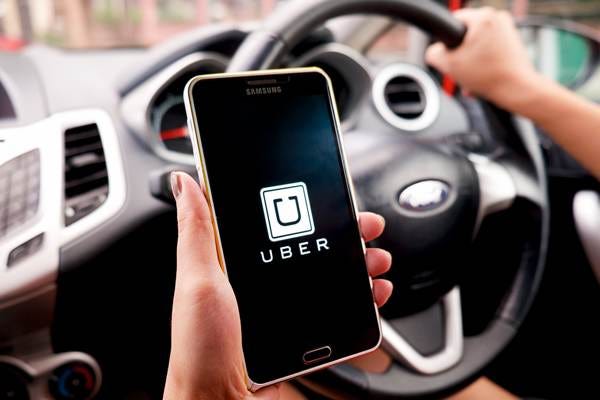Uber the Survivor
Click to read the full story: Uber the Survivor

It’s goodbye Gawker after Hulk Hogan won his lawsuit for a hundred million dollars with the help of billionaire Peter Thiel. It turns out that hundred million was what Gawker was mostly worth, so the company had to shut down. Now transportation network company Uber Technologies just lost over twelve times that amount in the first half of 2016. Uber also lost 2 billion dollars in China after being forced out by competitor Didi Chuxing. The company has so far lost 4 billion dollars in its seven-year history. With such losses, Can Uber survive being a pioneer in tech taxi service? Losing 1.27 billion dollars in two quarters really bites, but for a company with a current valuation of 69 billion dollars and rising, it’s just a flesh wound.
“You won’t find too many technology companies that could lose this much money, this quickly… For a private business to raise as much capital as Uber has been able to, is unprecedented.”
— Aswath Damodaran, New York University
Indeed. Uber is one of the world’s fastest growing companies. Its viability continues to attract more investors adding to its capital. But it’s also one of the fastest to lose money. Amazon biggest loss was 1.4 billion when the dot-com bubble burst. That was in the worst of times. Uber lost more than that amount in 2015 and possibly the same or more this year over the next two quarters. Losing more than 1.2 billion in two quarters and expecting more in the following just seems mind-boggling.
“It’s hardly rare for companies to lose large sums of money as they try to build significant markets and battle for market share… The interesting challenge is for them to turn the corner to become profitable, cash-flow-positive entities.”
— Joe Grundfest, Professor of law and business, Stanford University
A major contributor to Uber’s losses are its subsidies to its drivers all over the globe. It just distributed a billion dollars to its drivers in China. Not to mention taxes and settlements to entities opposed to the way Uber does business. There’s also the shrinking market share to competitors such as Lyft and Didi Chuxing that seek to cash in on the industry it started. And for any company to succeed against the competition, it has to reduce its pricing which further increases the company’s losses against old projections. But still, Uber is flaunting an over 80 percent US market share. That market share has netted the company an income of 5 billion dollars in its second quarter which according to Uber is an 18 percent increase compared its first quarter bookings. Uber netted over 2 billion dollars in revenue in the first two quarters of 2016.
Uber is currently valued at 69 billion dollars. It currently has 8 billion dollars cash in the bank with an upcoming 1 billion from Didi Chuxing. The company can draw more money with its 2 billion dollar credit line. Uber also has the benefit of backing from investors like Goldman Sachs, Benchmark, Google Ventures, Toyota and China’s Baidu.
Uber may be out of China, but its hands remain in the country’s cookie jar. In exchange for giving up its Uber China business, Uber Global was given a 17.5 percent stake in its competitor Didi Chuxing plus 1 billion dollars cash. Forget the 1 billion, Didi Chuxing itself, like Uber is growing fast and if things don’t change for Didi, Uber can expect steady earnings from that stock much like Yahoo’s Alibaba stake.

Operating at a loss is often normal for companies still in flux. More losses loom over the horizon and Uber needs to come up with something new to pick up and maintain profitability. The company is currently dabbling in driverless cars like other major tech players. It also has a helicopter service in Sao Paolo. Perhaps by recruiting C or D-List actors as drivers or renting out more and more iconic pop culture vehicles like the A-Team’s van, Supernatural’s Impala, Mustang GTs, Deloreans and Batmobiles. There’s also that experimental Ehang 184 one-man drone.
Seven years and four billion dollar losses later, Uber is still in the process of solidifying as it operates its global market. But once business picks up, harmonizes with the respective laws of its host countries and the company solidifies its programs, there will be hell to pay.
The post Uber the Survivor appeared first on Movie TV Tech Geeks News By: Marius Manuella


